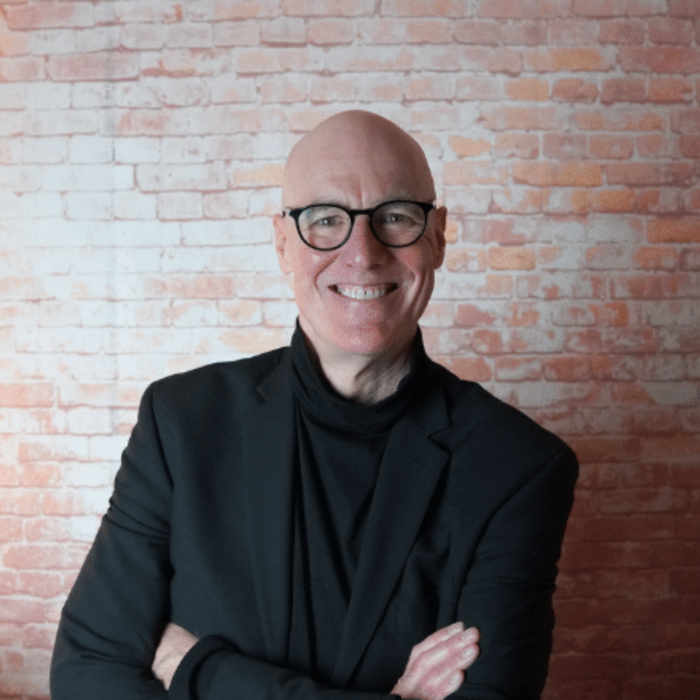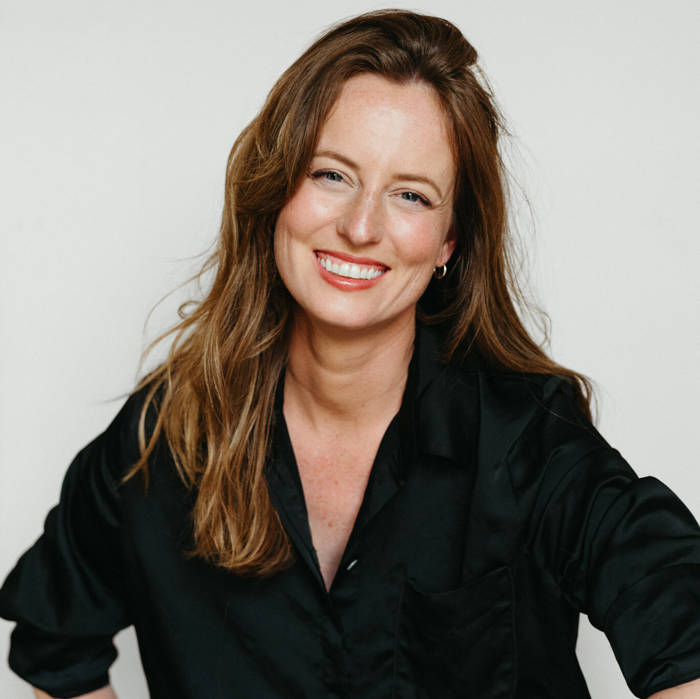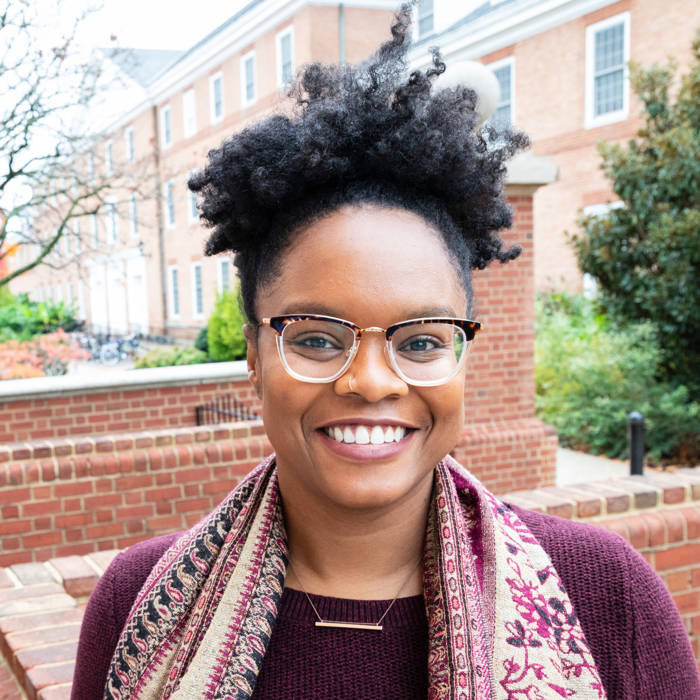Tips for Effective Practice
Wednesday 29th January 2025, 5:00 PM - 7:00 PM (London Time)
As a vocalist dedicated to your craft, you spend valuable time practicing to improve. You want to use your practice time wisely, and this session can help you accomplish your goals! I will describe the current state of research regarding practice strategies and provide practical applications for vocalists.
For example, your thought patterns impact your motivation to practice and the choices you make while practicing. I will describe examples of these thought patterns and self-regulatory strategies to change your mindset. We will discuss external influences on practice habits and strategies for ameliorating negative influences. I will describe differences in the practice habits of novice and expert musicians so that you can model your own practice sessions on what experts do.
One such difference between experts and novices is the use of practice strategies. We will discuss types of practice strategies and which strategies can be used to address specific musical problems. Throughout the workshop, I will draw connections to specific issues that vocalists face and how to address during practice sessions. For those who teach in either private or group settings, I will provide strategies for teaching one’s students to practice effectively. I will also set aside time for questions regarding specific issues.
🏷️ Price £30 (UK VAT inclusive)
🎥 Recording automatically sent to all who book (even if you cannot attend live)
▶️ Rewatch as many times as you like
📜 Certificate of attendance available
Nancy Summitt
Nancy Summitt taught K-12 music for 7 years prior to obtaining her Ph.D from the University of Memphis, and has held past professorships at the University of Tennessee at Martin and DePauw University.

Attend this course for as little as £22 as part of the Voice Professional Training CPD Award Scheme.
Learn MoreSorry, this is an archived short course...
We have plenty of upcoming short courses coming soon. See details of some of them below or look at the full list of short courses.

Tuesday 22nd July 2025
5:00 PM - 7:00 PM
Tuesday 29th July 2025
5:00 PM - 7:00 PM
Tuesday 5th August 2025
5:00 PM - 7:00 PM
Tuesday 12th August 2025
5:00 PM - 7:00 PM
Tuesday 19th August 2025
5:00 PM - 7:00 PM
Tuesday 26th August 2025
5:00 PM - 7:00 PM
(London Time)
Certificated Public Speaking Coach qualification - with John Henny

John Henny
Would you like to be a certified public speaking coach? Join the renowned John Henny for this exciting new online course! This six-week online certification course is designed to equip voice teachers with the specialised skills needed to work with public speakers, corporate trainers, educators, and presenters. Unlike a general public speaking course, this program is specifically tailored to train-the-trainer, giving voice professionals structured methodologies, coaching techniques, and applied skills to enhance vocal delivery, confidence, and influence in professional speakers.

Thursday 24th July 2025
5:00 PM - 6:00 PM
(London Time)
Transitioning From Soprano To Mezzo-Soprano - Pedagogical Approaches!

Dr Caitlin Moore
This workshop will explore the considerations for transitioning from soprano to mezzo-soprano. We will examine the history and vocal science related to voice classification as well as interviews with singers and voice teachers. Interviews feature singers who have experienced this Fach change themselves, as well as voice teachers who have helped singers navigate this shift.


Tuesday 29th July 2025
5:00 PM - 7:00 PM
(London Time)
Towards a Jazz Pedagogy: Lessons from Legends and Educators!

Dr Autumn Griffin
Join Dr Autumn Griffin as she explores the foundational tenets of jazz pedagogy as both a conceptual and practical framework for teaching, in this two-hour workshop. Drawing from her research in “Towards a Jazz Pedagogy: Learning with and from Jazz Greats and Great Educators,” she’ll investigate how jazz (its historical and cultural legacy, structure, improvisation, and relationality) can be mobilized to inform dynamic, liberatory educational practice!
